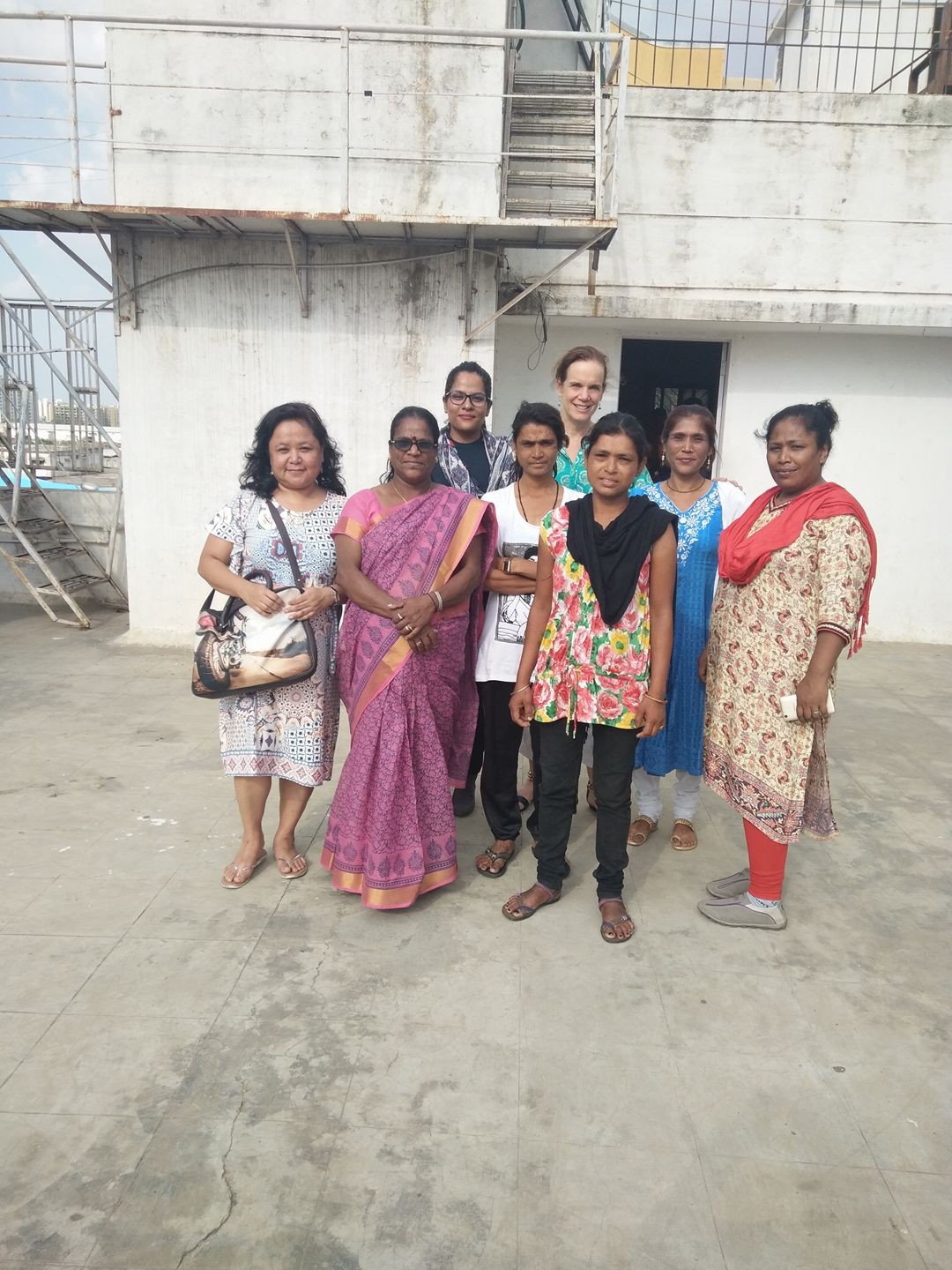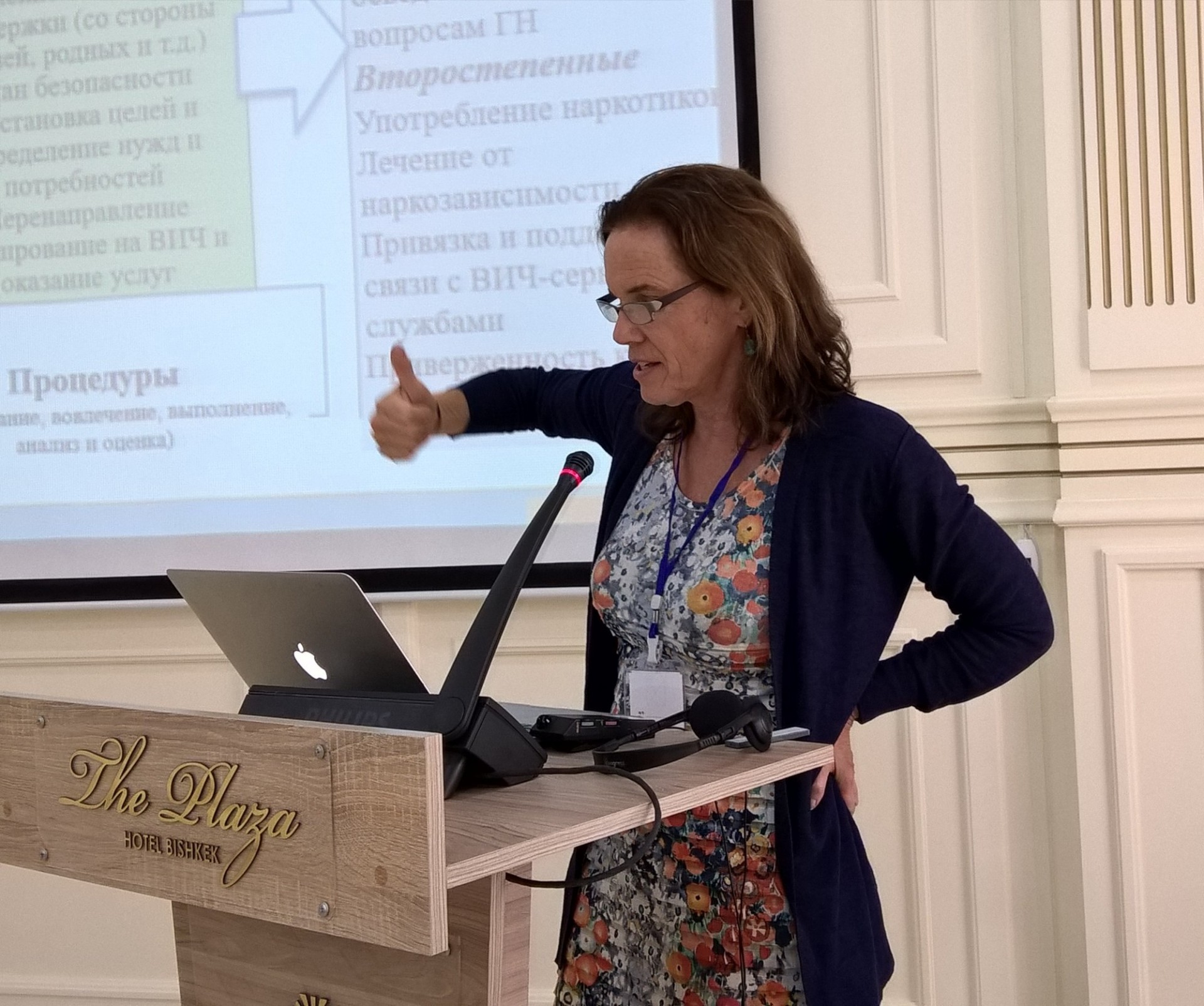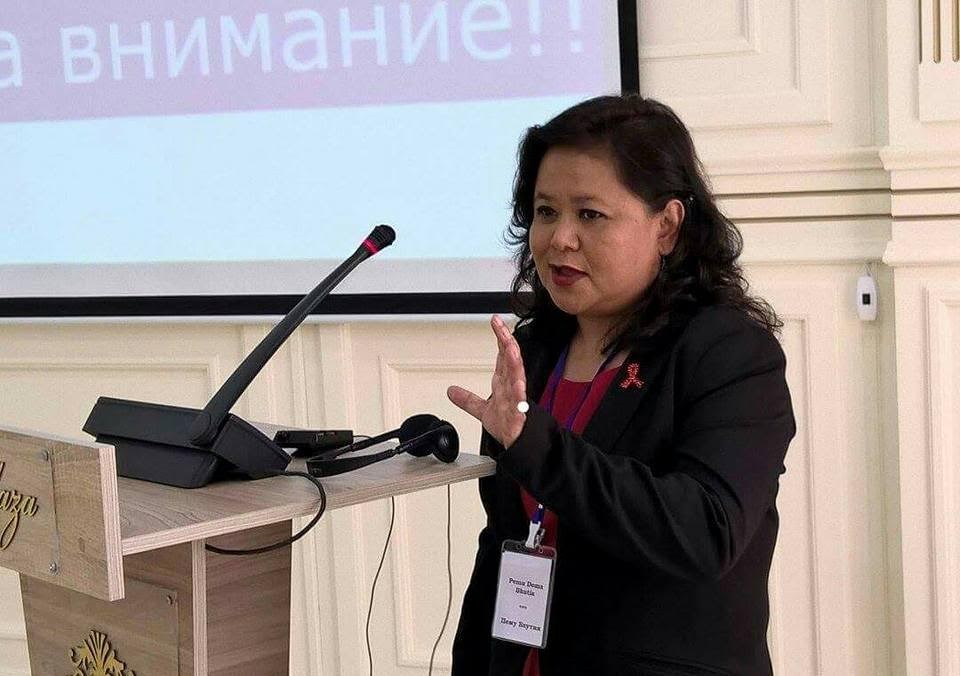Women who use drugs and/or alcohol are three to five times more likely to experience Intimate Partner Violence (IPV) than the general population. Yet, only one out of 20 ever receive help to stop this violence.

Women Initiating New Goals of Safety (WINGS)
Women who use drugs and/or alcohol are three to five times more likely to experience Intimate Partner Violence (IPV) than the general population. Yet, only one out of 20 ever receive help to stop this violence.
Failure to address IPV among these women increases the likelihood of continued drug use, relapse, attrition from drug treatment and a host of other negative physical and mental health consequences.
How does the WINGS intervention help women?
WINGS is a screening, brief intervention, and referral to treatment (SBIRT) model address this critical gap in IPV services by:
- Identifying women at risk of IPV and gender-based violence (GBV)
- Enabling women to develop social support and safety planning skills to reduce their risks for IPV and GBV
- Linking women to GBV-related services, substance use treatment, and HIV prevention, testing and treatment
But: has the WINGS intervention helped women?
Substantial reduction in violence reported due to WINGS intervention
Findings from the pilot trials of WINGS in Kyrgyzstan and Pune presented at the conference suggest: Yes.
Over 250 WINGS participants in both countries (India and Kyrgyzstan) had identified very high rates of physical, sexual and psychological violence from their partners and others. Due to the WINGS intervention, these women reported substantial reductions in physical, sexual and injurious gender-based violence (GBV). The women also reported increased linkage to GBV prevention and HIV services as well as completion of HIV testing.
These promising outcomes from both trials suggest the feasibility and effectiveness of delivering WINGS in low resource harm reduction settings to address widespread problem of GBV and HIV among key affected populations of women.
International WINGS Conference
Dr. Louisa Gilbert, co-director of both SIG and GHRCCA, and Associate Professor at the Columbia School of Social Work, spoke at an international conference on WINGS with seven non-governmental organization (NGO) partners from Kyrgyzstan and India that have implemented WINGS. Attendees included representatives from government, police, UNWOMEN, UNODC, and local and international NGOs.

The conference focused on sustainable strategies of implementing and scaling WINGS to address GBV and HIV among key affected populations of women in low resource settings.
The WINGS conference was organized by SIG’s local partner, Danil Nikitin from the GLORI Foundation who has led the WINGS project in Kyrgyzstan since 2013 with funding from the Open Society Foundations.
Dr. Gilbert also visited Sahara, a harm reduction NGO in Pune, that has implemented a pilot trial WINGS with HIV counseling, testing and linkage to care with 50 women who use drugs or engage in sex work with technical assistance from the India AIDS Alliance.

Implement WINGS
Learn more about WINGS through these short intervention videos.
Interested in adapting the WINGS model? Learn more about the research and implementation on the WINGS site.
